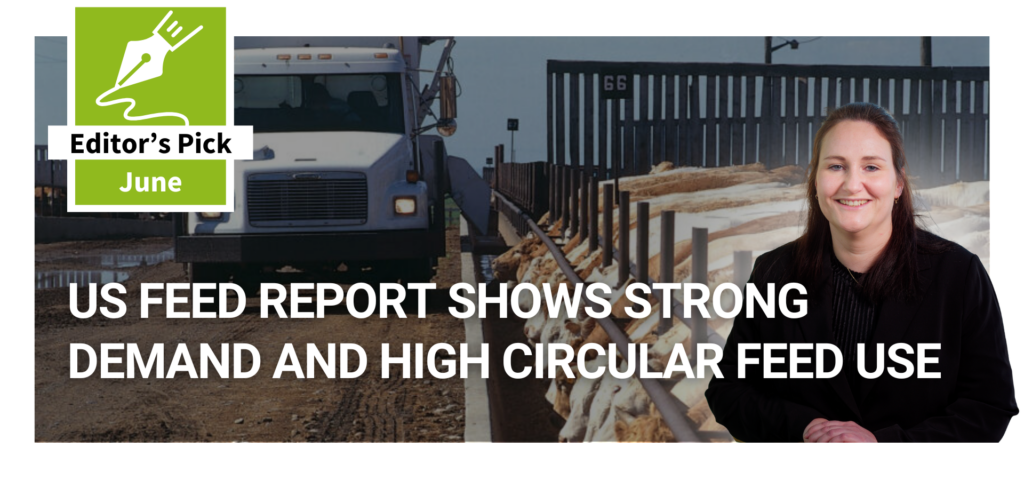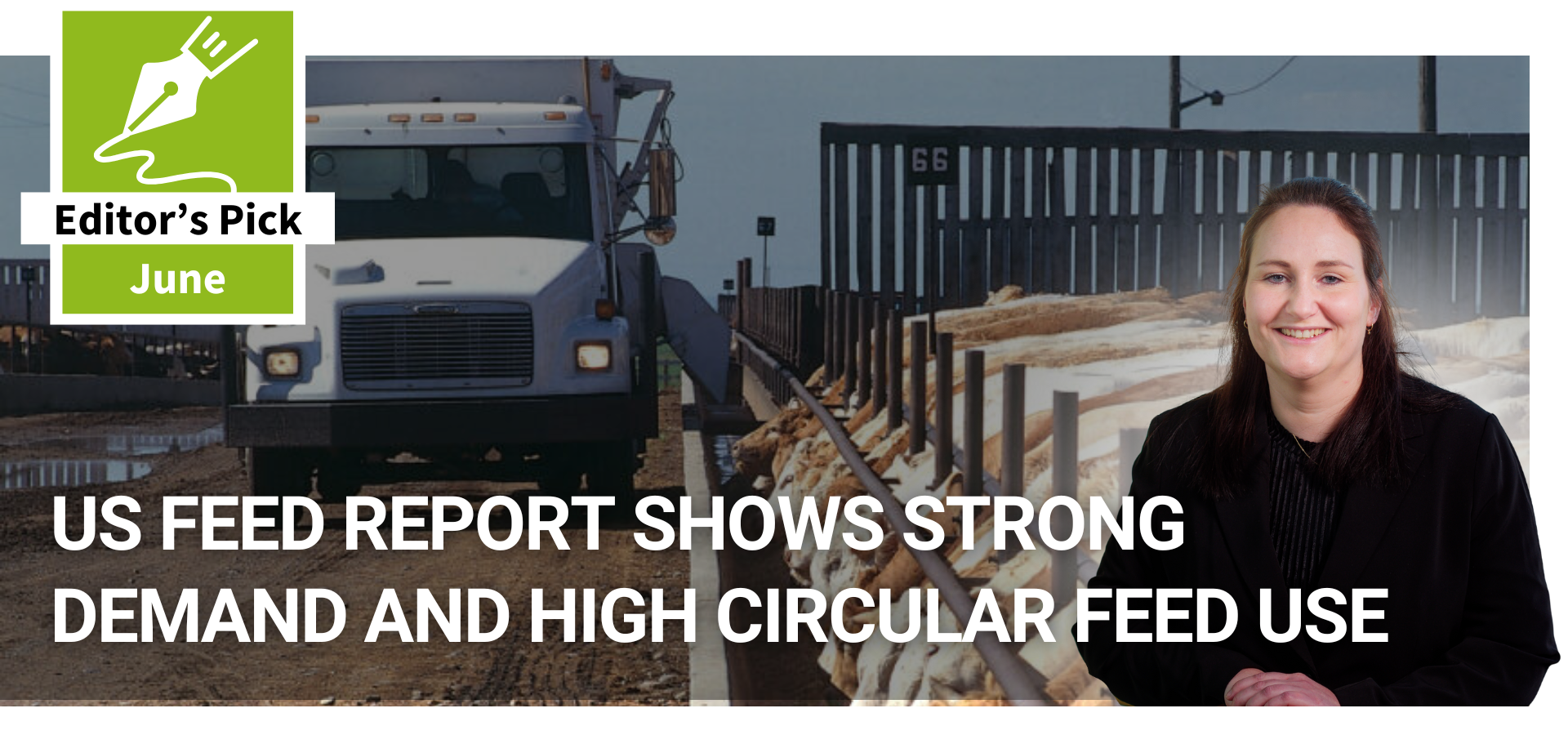Mycofix technology aids animal health studies
Animal health studies have documented the harm caused by ergot and endotoxin poisoning in animals, according to mycotoxin control and management specialist Biomin.
These two categories of toxins are the cause of a range of ailments – ergot alkaloids may lead to poor feathering and lesions forming on chickens, fescue foot in ruminants and shrunken udders in sows, while endotoxins are responsible for endotoxic shock and death.
Overall, both groups of substances were found to negatively affect reproduction, feed intake and consequently weight gain among all animals, resulting in financial losses for the producer.
Ergot alkaloids in grasses
Ergot alkaloids are commonly associated with an increase in the occurrence of Claviceps spp fungi in cereal grains and Neotyphodium spp fungi especially in tall fescue and perennial ryegrass, particularly during the wet seasons of spring and early summer.
Among the predominant forms of alkaloids, tests by Biomin on batch samples of raw and finished feed ingredients found ergotamine and ergocristine to be among the most commonly occurring.
Bacterial toxins
Endotoxins, on the other hand, are released by bacteria, particularly during cytokinesis and the destabilisation of cell membrane, and react with blood proteins and cytokines to trigger changes in the immune response.
Unlike ergot alkaloids, which are toxins produced by plants, endotoxins are derived from airborne bacteria or bacteria found in food, water and waste substances, as well as through endogenous sources such as the gastrointestinal tract and colonised mucosa.
Ex-vivo testing
To test the effects of Biomin’s Mycofix product range on ergot alkaloids, Mycofix Plus was administered in ex-vivo trials with swine gastric juice and rumen fluid.
Adsorption rates for ergine, ergotamine and ergovaline were recorded at 56%, 86% and 90% respectively in gastric juice and 68%, 85% and 86% respectively in rumen fluid.
Recent in-vitro trials of Mycofix in dry lick stones indicated adsorption rates of 91% and 98% for ergotamine and 84% and 96% for ergovaline at pH values of 3.5 and 6.5 respectively.
Adsorption of mycotoxins
For endotoxins, Mycofix was found to promote the adsorption of endotoxins but, most importantly, to positively counter the overall inflammatory effects of these substances.
The latter is achieved by the correct selection of yeast, plant and algae extracts working in an harmonious way to increase the production of anti-inflammatory cytokine (IL-10) and promoting the activity of macrophages while decreasing the production of the pro-inflammatory ones (IL-6 and TNFa).
With these two new benefits against ergot alkaloids and endotoxins, the Mycofix product line has been shown to successfully counteract a range of mycotoxins.
Aflatoxins, fumonisins, ergot alkaloids and endotoxins are adsorbed by selected clay minerals; zearalenone, ochratoxins and the large family of trichothecenes are bio-transformed into less or non-toxic metabolites.
Bio-protection ensures hepato and immune protection through plant and algae extracts – the latter is particularly important in the case of an endotoxin challenge.
Source: Laboratory Talk











